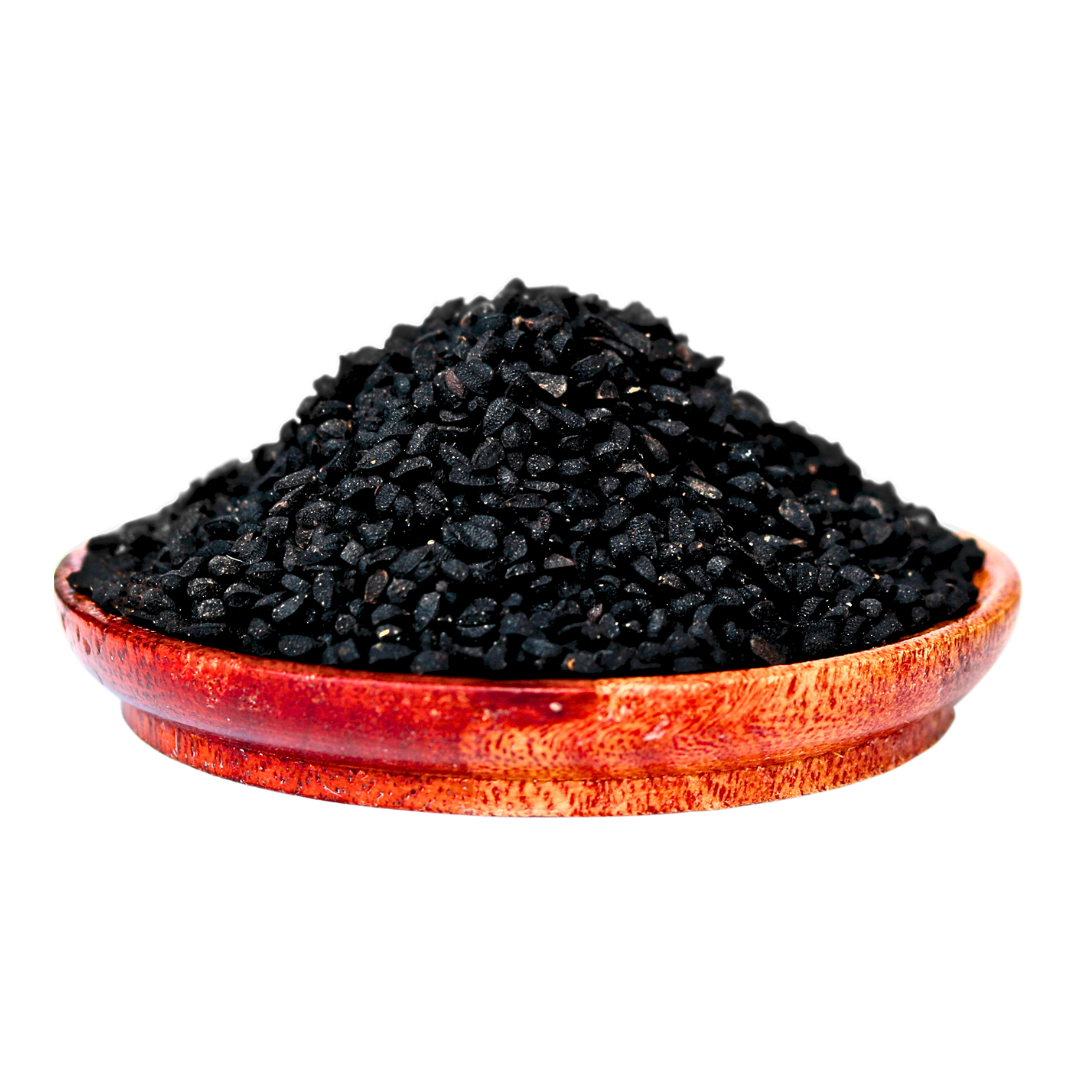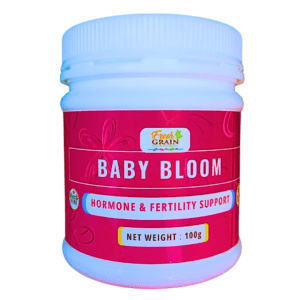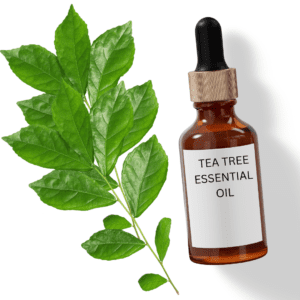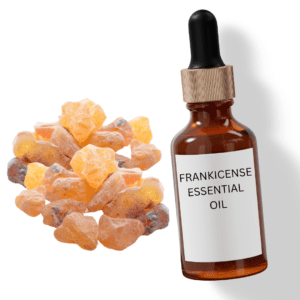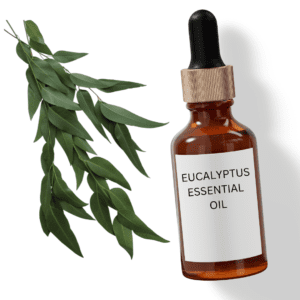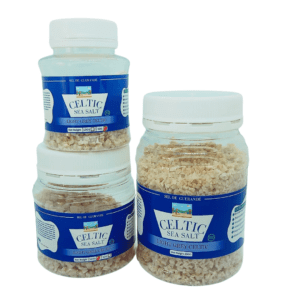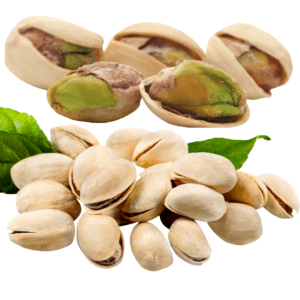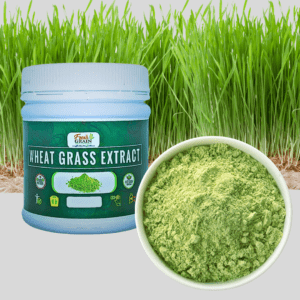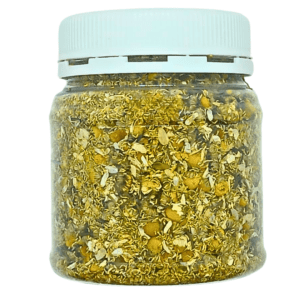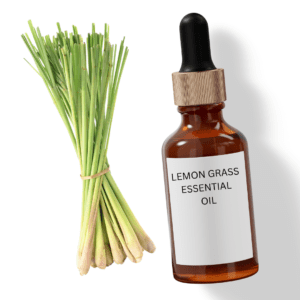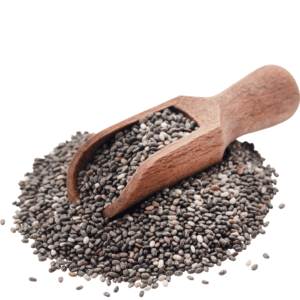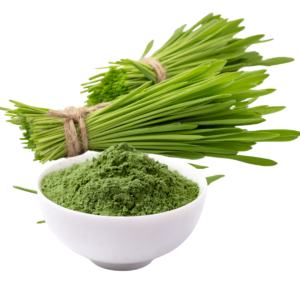Black Seeds:
Description: Black seeds, also known as Nigella sativa or black cumin seeds, come from the flowering plant of the same name. These small, dark seeds have been used for centuries in traditional medicine and culinary practices. The oil extracted from black seeds, known as black seed oil, is particularly renowned for its potential health benefits.
Nutritional Breakdown: Black seeds contain a variety of nutrients, including:
- Thymoquinone: A potent antioxidant with potential anti-inflammatory properties.
- Essential Fatty Acids: Omega-3 and Omega-6 fatty acids contribute to overall health.
- Proteins and Amino Acids: Essential for various bodily functions.
- Vitamins and Minerals: Black seeds provide vitamin A, B vitamins, vitamin C, calcium, potassium, iron, and more.
Benefits:
- Antioxidant and Anti-Inflammatory Properties:
- Thymoquinone, the active compound in black seeds, exhibits antioxidant and anti-inflammatory effects, potentially contributing to overall health.
- Immune System Support:
- Black seeds may modulate the immune system, helping the body respond more effectively to infections and diseases.
- Digestive Health:
- Black seeds are believed to support digestive health by promoting regular bowel movements and relieving symptoms of indigestion.
- Respiratory Health:
- Traditional uses include support for respiratory conditions, such as asthma and allergies.
- Skin Health:
- Topical application of black seed oil may help with skin conditions like eczema, psoriasis, and acne due to its anti-inflammatory and antimicrobial properties.
- Cardiovascular Health:
- The essential fatty acids in black seeds may contribute to cardiovascular health by supporting cholesterol levels and reducing the risk of heart disease.
- Hair and Scalp Health:
- Applying black seed oil to the scalp or using it in hair masks may promote healthier hair and scalp conditions.
How to Use Black Seeds:
- Direct Consumption:
- Consume black seeds directly, preferably in small quantities. They have a slightly bitter taste.
- Spice Blends:
- Incorporate black seeds into spice blends for added flavor in various dishes.
- Bread and Baked Goods:
- Sprinkle black seeds on bread or incorporate them into baked goods for a nutty flavor and added nutritional value.
- Tea Infusion:
- Steep black seeds in hot water to make a tea. This can be consumed once daily.
- Oil Extraction:
- Extract oil from black seeds to obtain black seed oil. This oil can be used for both internal consumption and topical application.
How to Use Black Seed Oil:
- Internal Consumption:
- Take black seed oil orally, either directly or mixed with honey, juice, or other beverages. Follow recommended dosage instructions.
- Topical Application:
- Apply black seed oil topically to the skin for various skin conditions. It’s advisable to do a patch test before widespread use.
- Hair and Scalp Treatment:
- Massage black seed oil into the scalp or mix it with hair masks for potential benefits to hair health.
- Steam Inhalation:
- Inhale the steam of water mixed with a few drops of black seed oil for potential respiratory benefits.
Caution:
- Pregnant Women: Pregnant women should consult with a healthcare professional before using black seeds or black seed oil.
- Allergic Reactions: Some individuals may be allergic to black seeds or black seed oil. Perform a patch test before widespread use.
- Interaction with Medications: Consult with a healthcare professional, especially if you are taking medications, as black seeds or black seed oil may interact with certain drugs.

